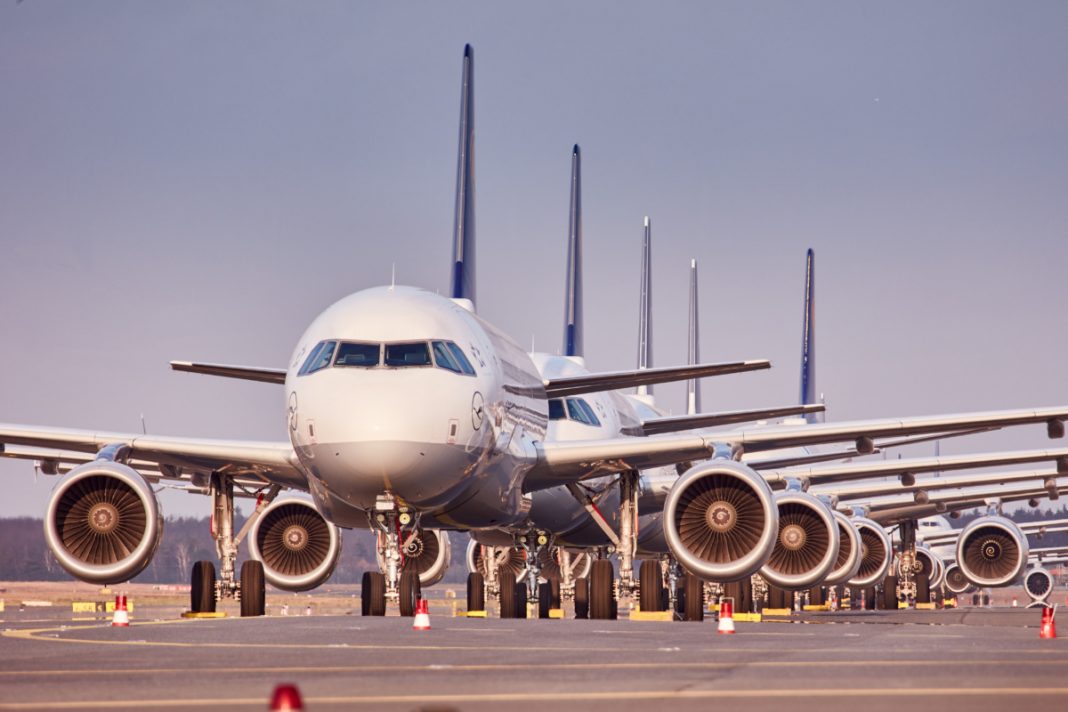Lufthansa’s cargo business soared in the second quarter of 2020, producing most of the airline group’s revenue for the period. The Lufthansa Group produced a net result of minus €3.6 billion ($4.2 billion) for the first half of the year due to the COVID-19 crisis.

Around the world, aviation-related businesses are reporting huge drops in their financial results due to the COVID-19 crisis. Lufthansa has now been dealing with the pandemic for seven months and was one of the harder hit airlines. However, following a landslide shareholder vote, the airline received a €9 billion ($10.6 billion) government loan.
Cargo has flourished
Lufthansa has seemingly always been ahead of the curve when it comes to dealing with the COVID-19 crisis. It was one of the first airlines to start grounding aircraft in response to falling demand, and also one of the first to mandate mask-wearing onboard.
However, when it comes to cargo operations, Lufthansa was one of the first airlines to use passenger aircraft to carry freight in the cabin. This continued when the airline became one of the first to remove seating in the cabin to increase capacity.

Given the airline’s Q2 results, Lufthansa was backing the right horse. In the second quarter, the Lufthansa Group posted total revenue of €1.9 billion ($2.2 billion). Around 80% of this revenue came from Lufthansa Cargo and Lufthansa Technik.
But why has the cargo business been so lucrative? The capacity to transport freight around the globe plummeted as the belly space in passenger aircraft was lost. Just looking at Lufthansa, its freight capacity fell by 54% due to 2/3rds of its fleet being grounded.
Deliveries delayed
Simple Flying previously reported that Lufthansa would be delaying aircraft deliveries. Airlines are unwilling to spend on new aircraft that aren’t needed. With passenger numbers down by 96%, Lufthansa already has more than enough aircraft to cope.

As part of his Q2 results presentation, Lufthansa’s CEO Carsten Spohr outlined precisely how many aircraft the German airline is expecting to take over the coming two years. Lufthansa has deferred five deliveries due this year. In total this year, 23 aircraft will be delivered, with nine having already joined the fleet.
The pace of deliveries will start to wane in 2021. A total of 24 deliveries next year will be delayed. As such, Lufthansa will only take 12 aircraft next year, approximately one per month. The delivered planes won’t include the Boeing 777X, as Boeing recently announced that the first delivery would be postponed until 2022.
All in all, Lufthansa will be left with a smaller fleet because of the current situation. Spohr explained that as the airline looks towards its future, its fleet will reduce in size by 100 aircraft. In other words, by one-quarter.
Do you think Lufthansa was wise to focus on moving freight early on? Let us know what you think and why in the comments!
[ad_2]
Source link


